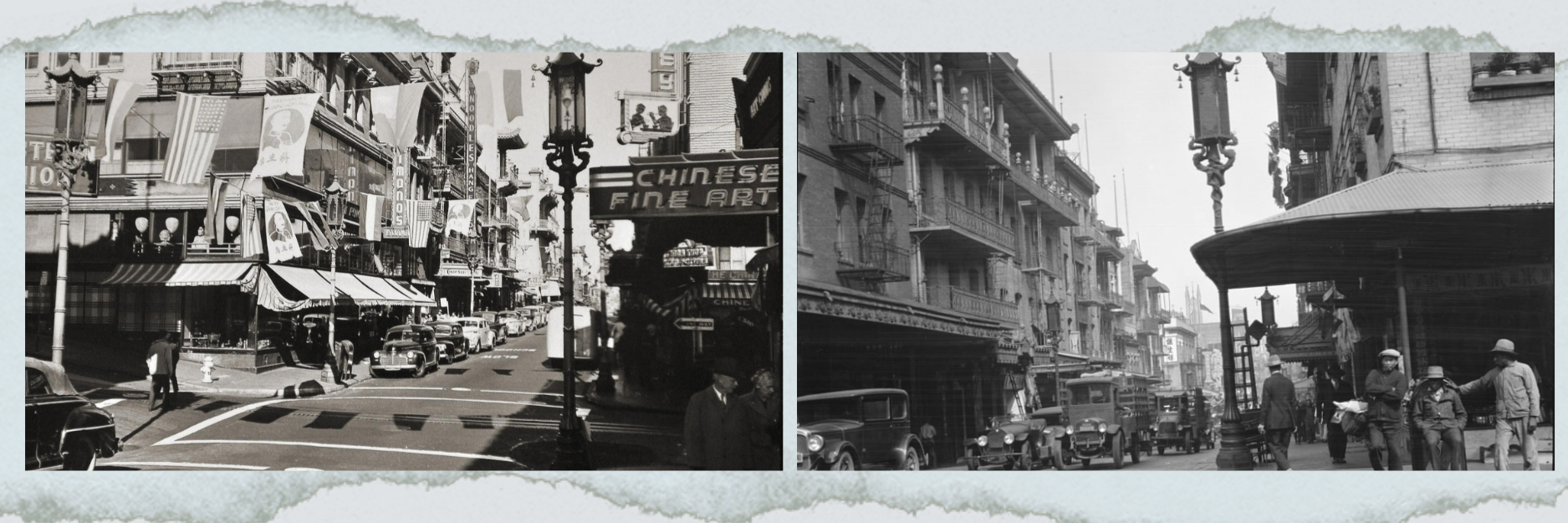James Poy Wong 黃培正

"War is a man-made phenomenon of group unity and destruction of the collective, and the result is always losses for both sides. From a human perspective, no country has ever won because of a war."
"Paisan (Countryman)" - 1949
「百姓」
大凡一个国家的机构越完善越有效率,国家的消耗也越大,个人的自由越减少,个人的生活也不能自己支配。 资本制度的美国如是,共产制度的苏联如是, 个人行动的限制只是程度之差罢了。
个人自由的减少,国家制度的增强,使战争成为社会最大的冲突。 战争是集体团结和集体破坏的人为现象,结果总是双方受损失。 从人们的立场来说,从来没有一个国家因为战争而胜利。
人类并不是健忘的动物,看看从饥馑中挣扎出来,或是从经济恐慌中生存过来的人的行动,就可以证实。 我们现在虽然还未能确说有一次战争可以了结一切的战争,但是这不能勾上人民健忘的账上,到底战争是极少数人所决定的。
今日我们踏进了大战结束后最有可能再发生一场大战的阶段。 国际局面的严重已比一般所想像的还要恶劣。 让我们坐下来想想,战争是什么一回事?
对于那些印象模糊或简直没有的人,我介绍他去看看现在联合国戏院公演的 「百姓」,这片是意大利名导演罗素尼尼继 「不设防城市」的杰作。这片虽然是意大利语言的影片,但是说英语的对话占有一半,比其他非英语片较易跟随。 「百姓」追述美军从西西利登陆至白河苦战期间所发生的六个不同事件。 有人或者会反对罗氏的取材和他的现实作风有多少出入之处,但是不能否认他对战争的描写,美军对意大利人的观念,和意大利人对美军的观念, 都能够忠实的表现出来。 对于战争做成的仇视,残酷和失望,都不加掩饰,对于性欲和宗教的问题都很坦白,更加缺乏荷里活一贯夸张的英雄主义。
从技术方面来看,这片没有 「不设防城市」 或是 「刷鞋童子」 的戏剧连贯性,多少失去戏剧方面的效果,但是它的意义和对人性的爱和憎的发挥,却比前二者有过之无不及。 没有人否认它粗制和非职业的演员的生硬与迟钝,但是没有人会计较那些,因为它所蕴藏的力量完全遮盖了那些缺点。
对于爱和和平的观念,荷里活一向是完全脱离现实,或者坦白的现实会触及我们失败的伤痕,但是对于那些在死亡阵线上挣扎的穷苦人,他们却有面对现实的勇气。 战后不安息的意大利产生了许多有价值的影片,都是从大战的废墟里摄制出来的。 那些作品所表现的社会冲突,和人类对暴力的痛苦挣扎,或者是为了共产主义的影响,或者也就是这个过渡时代的征象。
在同样的环境下,看看我们的华南电影公司的逃避与肉麻的电影产品,不无半点感慨吧。
"Paisan" (Countryman)
Generally speaking, the more complete and efficient a country's institutions are, the greater the country's expenditure will be, the less individual freedom will be, and individuals will not be able to control their own lives. This is true of the United States under the capital system and the Soviet Union under the communist system. The restrictions on individual actions are only different in degree.
The curtailment of personal freedom and the empowerment of state institutions have made war the greatest conflict in society. War is a man-made phenomenon of group unity and destruction of the collective, and the result is always losses for both sides. From a human perspective, no country has ever won because of a war.
Humans are not forgetful creatures, as evidenced by the actions of those who have struggled to survive through famine or economic crisis. Although we are not yet able to say for certain that there is one war that can end all wars, this cannot be blamed on the forgetfulness of the people. After all, wars are decided by a very small number of people.
Today we have entered the stage where another war is most likely to occur after the great war. The international state of affairs is worse than what could be generally imagined. Let us sit down and think about it: what is war?
For those who have vague or no memory, I recommend them to see "Countryman"1, which is currently playing at the United Nations Theater. This film is the masterpiece produced by the famous Italian director Rossellini after his "Rome, Open City". Although this film is in Italian language, half of the dialogue is in English, making it easier to follow than other non-English films. "The Countryman" traces six different events that took place from the landings of the American army in Sicily to the period of bitter fighting at the White River.Some people may object to some discrepancies in Rossellini’s filming material and his realistic style, but they cannot deny that his description of the war, the American army’s perception of the Italians, and the Italians' perception of the American army, can be honestly and accurately represented. The hatred, cruelty and disappointment caused by the war are not concealed, while the issues of sexual desire and question of religion are handled frankly, and it is more so absent of the usual Hollywood's exaggerated heroism.
From a technical point of view, this film does not have the dramatic coherence of "Rome, Open City"2 or "Shoe Shine Boy," and the dramatic effect is somewhat lost. However, its meaning and exploration of love and hatred in human nature are better than the former two. No one denies the stiffness and slowness of its crude and unprofessional actors, but no one cares about those because the power it embodies completely obscures those shortcomings.
Regarding the concept of love and peace, Hollywood has always been completely divorced from reality, or the straight reality will touch the scars of our defeat, but for those poor people struggling on the death front, they have the courage to face reality. The restless postwar Italy had produced many valuable films, all of which were shot from the ruins of the war. What are expressed in those works are the social conflicts and the painful struggle of human beings against violence either under the influence of communism, or they are the signs of this transitional era.
Under the same environment, it is hard not to lament the escapist and distasteful films produced by our South China Film Industry.